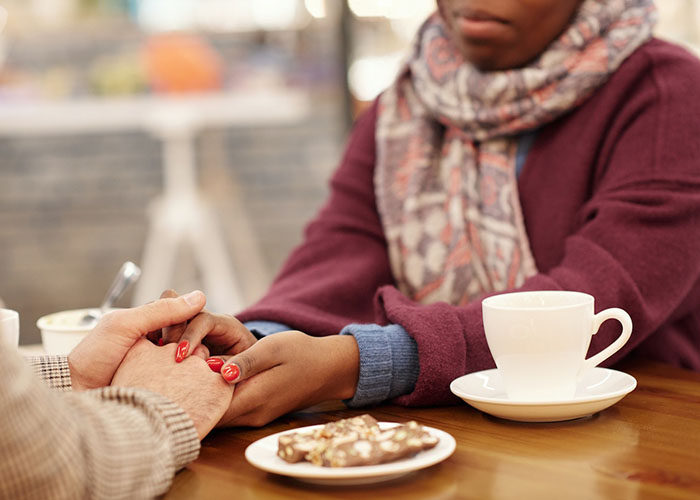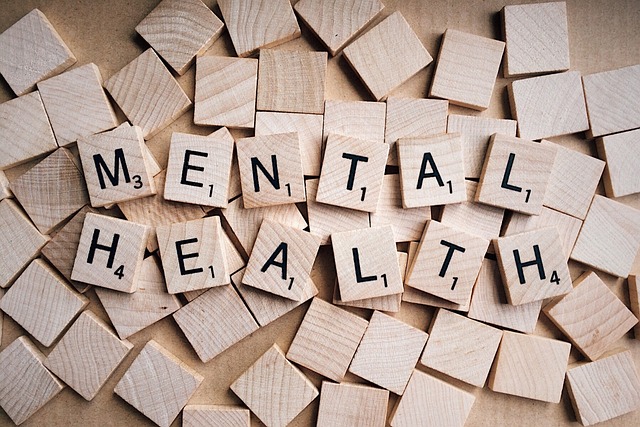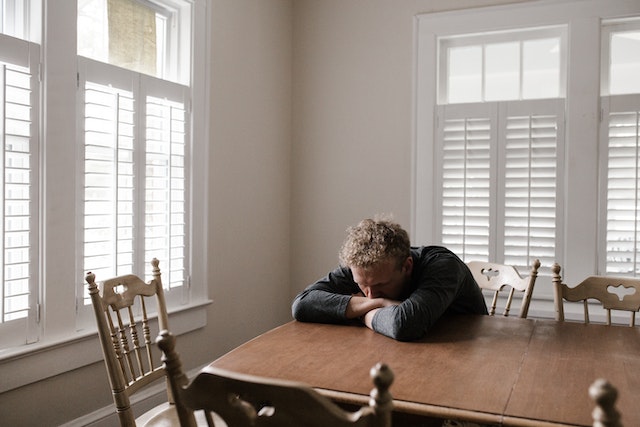
Black and African American Communities and Mental Health
Overall, mental health conditions occur in Black and African American (B/AA) people in America at about the same or less frequency than in White Americans.
The Culture Link addresses the unmet physical and mental health needs of individuals and their families within the African immigrant and refugee communities in Minnehaha County.

The Culture Link is a 501(c)(3) Nonprofit Organzation that envisions breaking the stigma surrounding mental health in the African community by ensuring that all trauma, violence, and war-impacted immigrants find victory over their migrant trauma through culturally competent support and resources. Without obtaining the guidance they desperately need, African’s youth and their upbringing will be adversely impacted, leading to high crime rates and alcoholism/drug use to cope with the PTSD and trauma that is a taboo in their cultures.
Immigrants and refugees uproot their lives and literally move across the globe daily. Even though the process may seem worthwhile and well-suited, there is an undeniable set of challenges and circumstances that often await these newcomers. Setting up a new life from scratch can be challenging enough, coupled with navigating a new culture, unfamiliar systems, and possibly a foreign language. This can lead to hardships and prolonged negative outcomes. However, when newcomers are supported by peers, or have programs and networks in place, they have far greater success and achieve optimal settlement and positive outcomes in life.

As part of an effort to improve the challenges facing African immigrants, The Culture Link was founded to give African immigrants and access to the resources, guidance, education, and trusted connections needed to thrive. This organization was also created to foster inclusion so that no newcomer feels alone and has access to support every step of the way on the journey to settlement. The Culture Link supports african immigrants and refugees in their times of need and vulnerability, as they should not be expected to be strong 24/7, while never discussing or addressing their feelings, emotions, and pain.

Overall, mental health conditions occur in Black and African American (B/AA) people in America at about the same or less frequency than in White Americans.

What is Stigma? According to Crocker and colleagues ”Stigmatized individuals possess (or are believed to possess) some attribute, or characteristic, that conveys a social identity that

Stigma is when someone views you in a negative way because you have a distinguishing characteristic or personal trait that’s thought to be, or actually
Join us in our mission to improve the challenges faced by African immigrants & Refugees, Your Donation can Make a Difference.